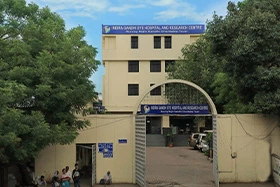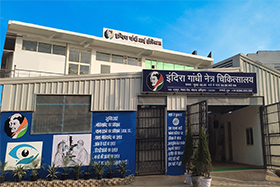It’s perfectly normal to be concerned about the “worst case scenario”. With an experienced surgeon, the procedure itself is relatively safe. The excimer laser is computer controlled, pre-programmed with your treatment data. Statistically, there is a remote possibility of the loss of vision due to corneal infection or inflammation which we address by maintaining sterile conditions in the laser suite and by instructing you to use medicated drops for the first week after the procedure. Potential complications include: under or over correction, corneal flap healing problems, pain or discomfort, dry eye, hazy vision, sensitivity to light, glare at night, loss of best corrected visual acuity, or infection. Most patients who are safe candidates for treatment have a trouble-free experience. Before considering surgery, we carefully evaluate each patient to understand whether you are a good candidate. The doctors will be happy to discuss any concerns that you may have. Our goal is for you to understand as much about this treatment as possible before surgery so that you can be comfortable with your treatment options.





